
Hãy nhập câu hỏi của bạn vào đây, nếu là tài khoản VIP, bạn sẽ được ưu tiên trả lời.



Giải:
|
Tên tam giác |
Tên 3 đỉnh |
Tên 3 góc |
Tên 3 cạnh |
|
|
A,B,I |
|
AB, BI, IA |
|
|
A,I,C |
|
AI, IC, CA |
|
|
A,B,C |
|
AB, BC, CA |

Giải:
|
Hình |
Tên góc (cách viết thông thường) |
Tên đỉnh |
Tên cạnh |
Tên góc (Cách viết kí hiệu) |
|
a |
Góc yCz, góc zCy, góc C |
C |
Cy,Cz |
|
|
b |
Góc MTP, PTM, T Góc TMP, PMT,M Góc TPM, MPT,P |
T M P |
TM,TP MT,MP PT,PM |
|
|
c |
Góc xPy,yPx,P Góc ySz,zSy |
P S |
Px, Py Sy, Sz |
|

Các kết quả trên đều đúng nên mình điền luôn kết quả nha bạn:
(36,05+2678,2)+126=2840,25.
(126+36,05)+13,214=175,264.
(678,27+14,02)+2819,1=3511,39.
3497,37-678,27=2819,1.
Đó là kết quả của mình có gì sai thì mog pn chỉ ra và giúp mik sửa lỗi nhé!
- Các phép cộng đều cho kết quả đúng.
- Ta có:
(36,05 + 2678,2) + 126
= 36,05 + (2678,2 + 126) (Tính chất kết hợp)
= 36,05 + 2804,2 (theo a)
= 2840,25 (theo c)
(126 + 36,05) + 13,214
= 126 + (36,05 + 13,214) (tính chất kết hợp)
= 126 + 49,264 (theo b)
= 175,264 (theo d)
(678,27 + 14,02) + 2819,1
= (678,27 + 2819,1) + 14,02 (Tính chất giao hoán và kết hợp)
= 3497,37 + 14,02 (theo e)
= 3511,39 (theo g)
3497,37 – 678,27 = 2819,1 (suy từ e)
Vì vậy ta có thể điền số thích hợp và ô trống mà không cần tính toán:


\(\Rightarrow\dfrac{5}{4}-\dfrac{1}{4}x=\dfrac{3}{10}x-\dfrac{2}{5}\)
\(\Rightarrow\dfrac{5}{4}+\dfrac{2}{5}=\dfrac{3}{10}x-\dfrac{1}{4}x\)
\(\Rightarrow\dfrac{33}{20}=\dfrac{11}{20}x\)
\(\Rightarrow x=\dfrac{33}{20}\div\dfrac{11}{20}\)
\(\Rightarrow x=3\)
\(1\dfrac{1}{4}-x\dfrac{1}{4}=x\cdot30\%\cdot\dfrac{2}{5}\)
\(\Leftrightarrow\dfrac{5}{4}-x\dfrac{1}{4}=x\cdot\dfrac{3}{10}-\dfrac{2}{5}\)
\(\Leftrightarrow\dfrac{5}{4}-\dfrac{1}{4}x=\dfrac{3}{10}x-\dfrac{2}{5}\)
\(\Leftrightarrow25-5x=6x-8\)
\(\Leftrightarrow-5x-6x=-8-25\)
\(\Leftrightarrow-11x=-33\)
\(\Leftrightarrow x=3\)
Vậy x = 3






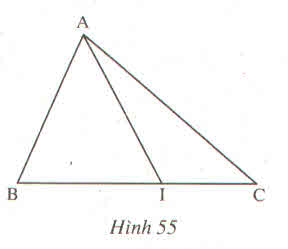
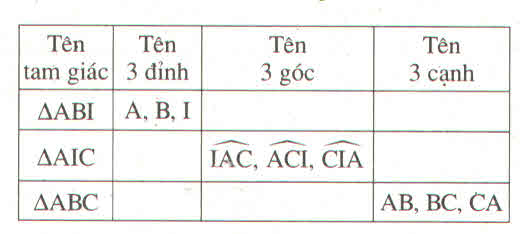

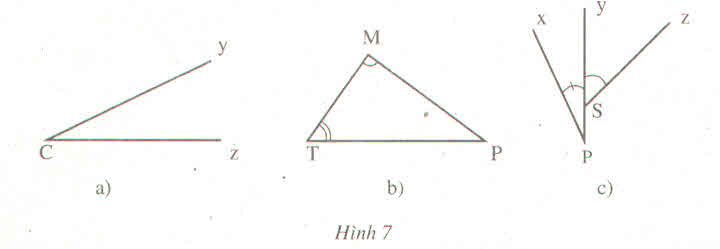
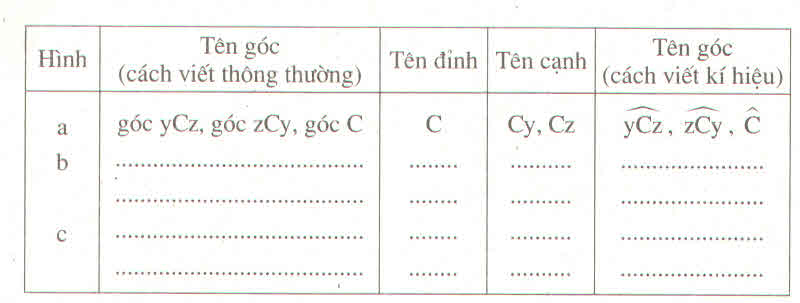
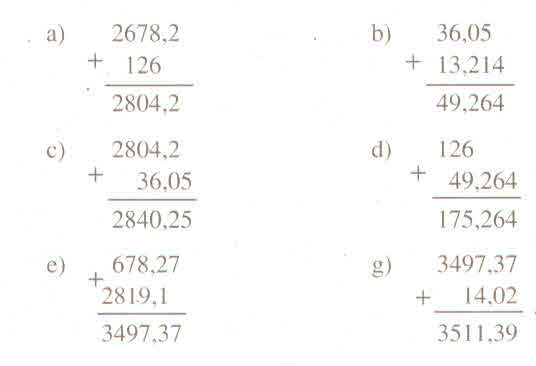
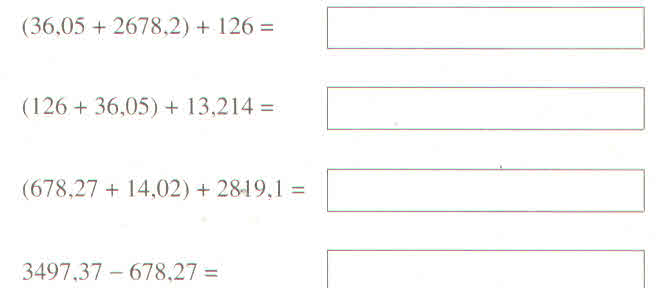

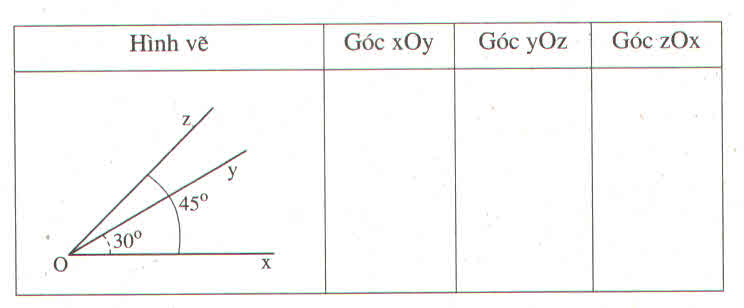
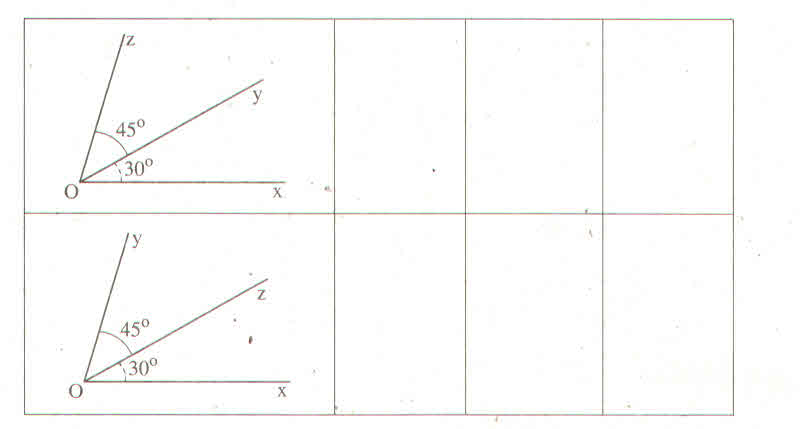
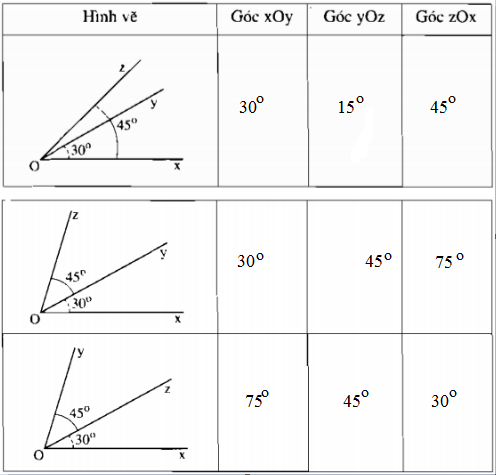





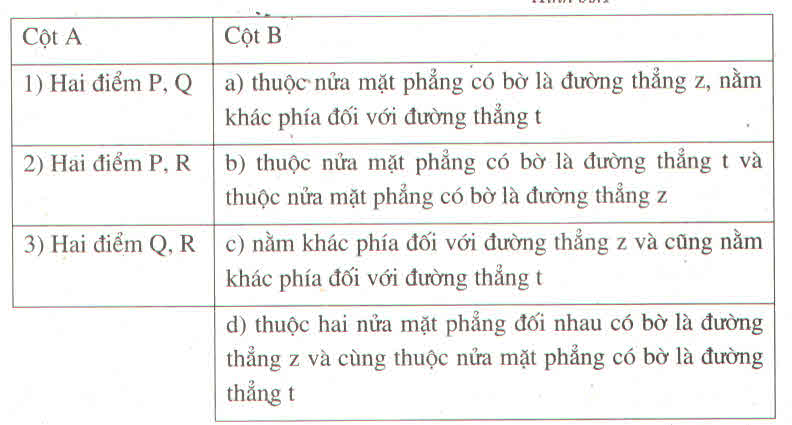


Bài 8:
a: \(A=7\left(\dfrac{1}{10}-\dfrac{1}{11}+\dfrac{1}{11}-\dfrac{1}{12}+...+\dfrac{1}{69}-\dfrac{1}{70}\right)\)
\(=7\cdot\dfrac{6}{70}=\dfrac{6}{10}=\dfrac{3}{5}\)
b: \(B=2\left(\dfrac{1}{15}-\dfrac{1}{18}+\dfrac{1}{18}-\dfrac{1}{21}+...+\dfrac{1}{87}-\dfrac{1}{90}\right)\)
\(=2\left(\dfrac{1}{15}-\dfrac{1}{90}\right)\)
\(=2\cdot\dfrac{5}{90}=\dfrac{10}{90}=\dfrac{1}{9}\)
c: \(C=3\left(\dfrac{1}{8}-\dfrac{1}{11}+\dfrac{1}{11}-\dfrac{1}{14}+\dfrac{1}{14}-...+\dfrac{1}{197}-\dfrac{1}{200}\right)\)
\(=3\cdot\dfrac{24}{200}=\dfrac{72}{200}=\dfrac{9}{25}\)